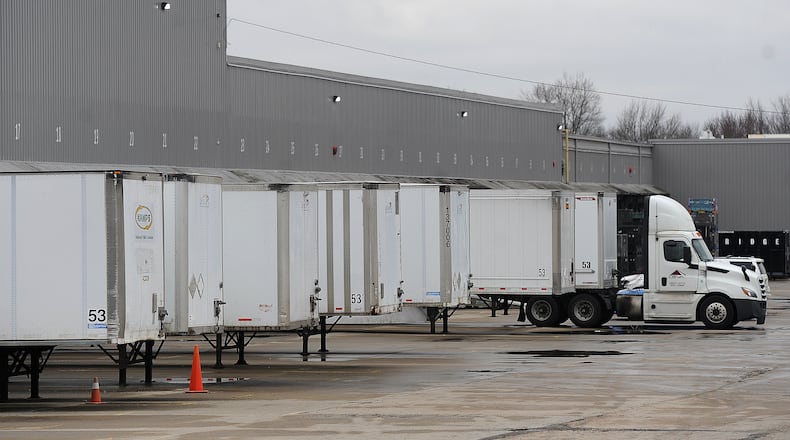“It is critically important for any community to expand its tax base,” said Xenia Development Director Steve Brodsky. “Good paying manufacturing/industrial jobs that can filled by a large segment of the community’s population is also ideal. WCR will be bringing jobs that pay a livable wage to the community.”
The facility will allow for future expansion, which will further enhance those assets, Brodsky added.
The company is currently headquartered in Fairborn and has operations in Washington Court House. WCR plans to consolidate those two operations in Xenia, bringing with it more than 100 jobs, city documents show. The company plans also call for future expansion, adding at least one additional shift estimated at around 20 new employees.
“This is a really good type of core industrial business to add to our community in an existing location,” City Manager Brent Merriman told Xenia City Council last week, adding that it’s a “good infill project” for the city as well.
Under Xenia’s Income Tax Rebate Program, the company would be eligible for a 1% rebate on their payroll tax for five years. As part of the agreement, the company will be required to maintain employment in the city for at least ten years, “with clawback provisions should they fail to do so,” city documents show.
The proposed agreement should “help provide the company with funds for the purchase of new equipment and allow it to expand, while continuing to grow the employment and income tax base in the City,” city documents say.
The company’s payroll is estimated at $4 million, and projected to grow to $6.6 million in the first year, and to $8.9 million in five years, per the draft agreement.
The former SuperValu building was constructed in 1959, and housed the company’s regional offices for decades. SuperValu closed the distribution center in 2012, and moved to Indiana. In 2013 the building was purchased by Industrial Realty Group, and present tenants include Mahle, Frozen Food Express, and Passion Growers, a distributer of roses to various supermarkets and grocery stores, Brodsky said.
About the Author

